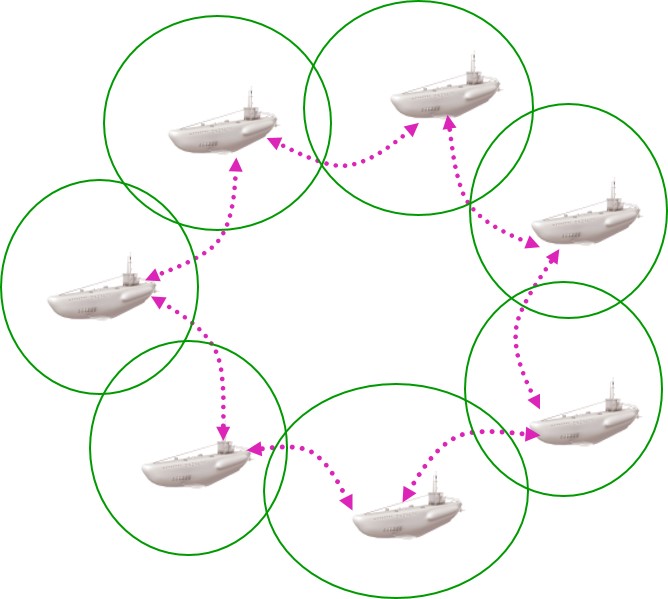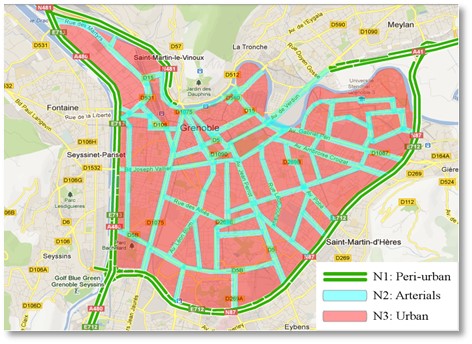Section: Overall Objectives
Context and overall goal of the project
NeCS is a joint Inria /Gipsa-Lab team, bi-located at the Inria -Rhône-Alpes Center in Montbonnot and at Gipsa-Lab (http://www.gipsa-lab.grenoble-inp.fr ) in the Saint-Martin-d'Hères campus, both locations being in the Grenoble area. NeCS team's research is focused on Networked Controlled Systems.
The research field of Networked Controlled Systems deals with feedback systems controlled over networks, but also concerns systems that naturally exhibit a network structure (e.g., traffic, electrical networks, etc.).
The first system category results from the arrival of new control problems posed by the consideration of several factors, such as: new technological components (e.g., wireless, RF, communications, local networks, etc.), increase of systems complexity (e.g., increase in vehicle components), the distributed location of sensor and actuator, and computation constraints imposed by their embedded nature. In this class of systems, the way that the information is transferred and processed (information constraints), and the manner in which the computation resources are used (resources management), have a substantial impact in the resulting stability and performance properties of the feedback controlled systems. One main challenge here is the co-design of control and one or more other components of different nature are considered. The NeCS team has tackled co-design problems concerning:
The second category of systems is motivated by the natural network structure in which the original systems are built. Examples are biologic networks, traffic networks, and electrical networks. The complex nature of such systems makes the classical centralized view of the control design obsolete. New distributed and/or collaborative control and estimation algorithms need to be devised as a response to this complexity. Even if the dynamic behavior of each individual system is still important, the aggregated behavior (at some macroscopic level), and its interconnection graph properties become of dominant importance. To build up this research domain, the team has put a strong focus on traffic (vehicular) networks, and in some associated research topics capturing problems that are specific to these complex network systems (distributed estimation, graph-discovering, etc).




